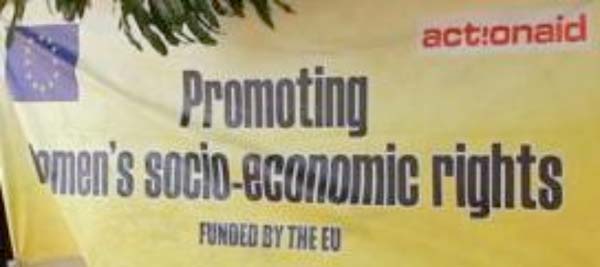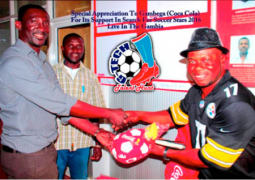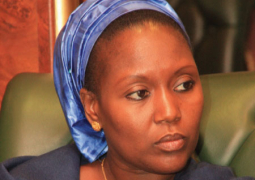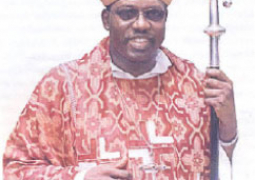
The training organised by the Female Lawyers Association was for the journalists from both print and electronic media to have a broad knowledge on the subject in order to report on it professionally.
The training held at Action Aid head office in Kanifing was part of a 3-year project that FLAG and the National Women’s Farmers Association (NAWFA) are implementing.It is bankrolled by the European Commission and co-funded by Action Aid International The Gambia.
The project is mainly implemented in three districts in the Central River Region south: Niamina East, Niamina West, and Niamina Dankunku.
Speaking at the commencement of the two-day training, Pansaw Nyassi, coordinator of the project, said a total of 285 women from 107 women groups across the three districts was trained in the first year.
“The key output from these trainings was that women are now more informed and knowledgeable about their rights to access economic resources, develop business plans and engage micro-finance institutions,” he said.
Mr Nyassi further said a total of 44 traditional and community leaders were also sensitised on the communal benefits of promoting and fulfilling women’s rights.
He explained that the leaders have made commitments to support women groups in securing lands for agricultural purposes.
The D26-million project was to respond to the EU’s objective of promoting gender equality through political, social and economic rights for women.
The project is premised on contributing to gender equity in The Gambia by promoting women’s access to socio-economic rights.
The project has a capacity building intervention which is aimed at strengthening civil societies to support women’s economic empowerment and equal access to socio-economic resources.
Madam Mam Amie Jobe, coordinator of FLAG, said one of the outcomes of the stakeholder sensitisations in the three districts was the identification of potential male advocates of women’s rights among the district decision makers.
“These male advocates acknowledged their previous lack of support for women’s rights but promised to change as they now have fresh perspectives on the issue,” she said.
Madam Jobe, a legal professional, said media practitioners should promote women’s rights through the use of their various medium to disseminate information to the larger society.
He said the objective of the two-day training was to refresh and augment the understanding of journalists on women’s rights so they can accurately report to clear the misconceptions about it.
Soma Njie, EC FLAG project officer, said the purpose of the activities under the project is to create better understanding of women’s rights among community leaders and district authorities.
“This was implemented with the notion that a better understanding of the rights of women will lead to its effective propagation.This will also provide opportunities for women’s rights protection and fulfillment,” she said.
During the two-day training for the media, participants were exposed to legal instruments on the protection and promotion of the rights of women and girls such as the Women’s Act, Sexual Offenses Act, and Child Rights.
After the training, the participants are expected to be promoting women’s right to education, right to housing, right to adequate standard of living, right to health and other socio-economic rights.




